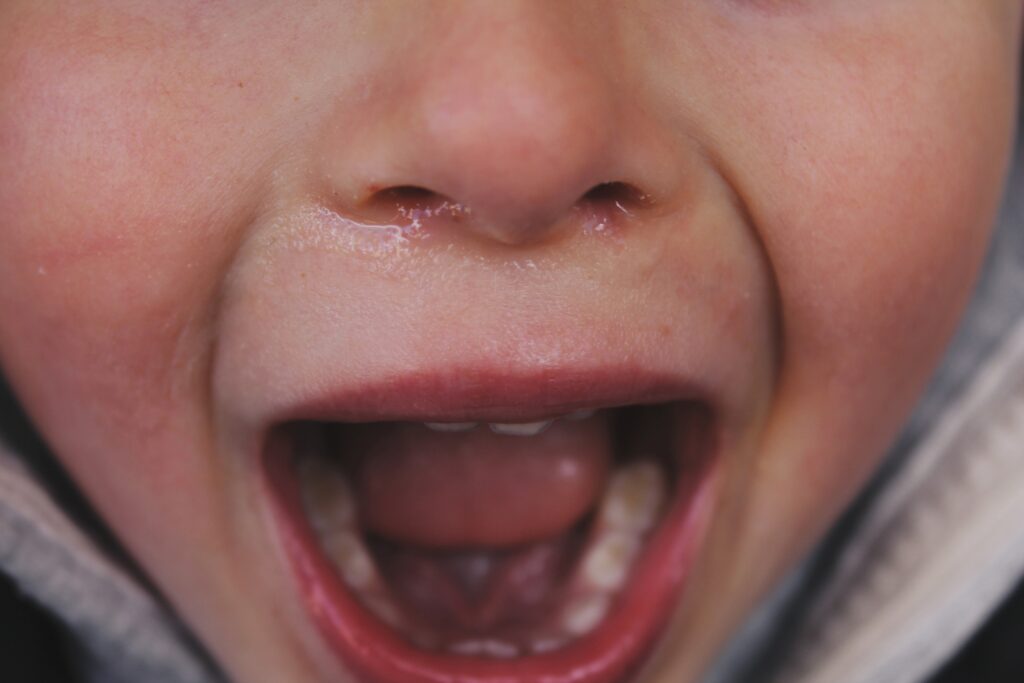
The difference between acting and reacting is that one is planned and intentional, while the other can be wrought with unintentional behaviors that bring unintentional consequences that can unintentionally paint you into a corner as a parent, or worse yet, dishonor God with your actions or words. The last thing you want is to unintentionally bring about a deviation from the path that you are trying to keep your child on (are you recognizing a pattern? There are a tremendous amount of unintended things when we “react”).
When we react, there is an automatic response (remember the knee-jerk) that will cause whatever happens to be inside you, at that moment, to spill out. If you are frustrated about a situation happening at the office, your children will no doubt experience your anger about that situation even though they are not involved, if you simply react to them. Of course, you would never “intend” for that to happen, and that is the unwanted pattern to “reaction.” As a parent, you want to do everything as intentionally as possible.
So instead of reacting, ACT according to what your child has brought to the table. Just as you do with people whose opinion of you, you care about – your boss or people at the grocery store. When they interact with you, you simply choose to speak/act in a way that expresses your response to them, even if, at times, they are not completely cordial. This has more to do with your mindset, than your temperament, because whether you explode, speak harshly, or sarcastically to cover your surprise at your children, it can have an adverse effect on them. Therefore, setting your expectations is very important. If you expect your children to fail – expecting is far, far different than hoping that they will – then your disappointment won’t get in the way of how you ACT in the situation because you won’t be caught off guard.

The idea here is to respond to what your child is actually communicating, as opposed to matching the intensity of their passion about what they are saying. One of the greatest things about kids is that they are passionate about what they say, however, it’s also one of the most misunderstood things. Kids attempt to use their fledgling emotions to communicate, which can be a double-edged sword because these emotions are still immature and don’t always appropriately match the situation in their intensity. This also is useful information for you, because the “drama” that comes with every word is relatively “expendable.” For one, they are still learning how to control their emotions, and two, they will swing to another palpable height for their next perception of how life is treating them. In general, it is too often true that:
CHILDREN OVER COMMUNICATE THROUGH THEIR EMOTIONS
Now, please keep in mind, that to them these overexpressed emotions are as real as the day is long. They need to be taken seriously, but not necessarily at the emotional height that your child believes them to be. Therefore, this is not a place to “Make a Big Deal” (as I mentioned earlier), in this scenario the child is already blowing things out of proportion. These moments are where you need to remember that you are the adult that they see and want to become, and therefore it is a perfect time for you to lead them in putting away “childish ways.”
